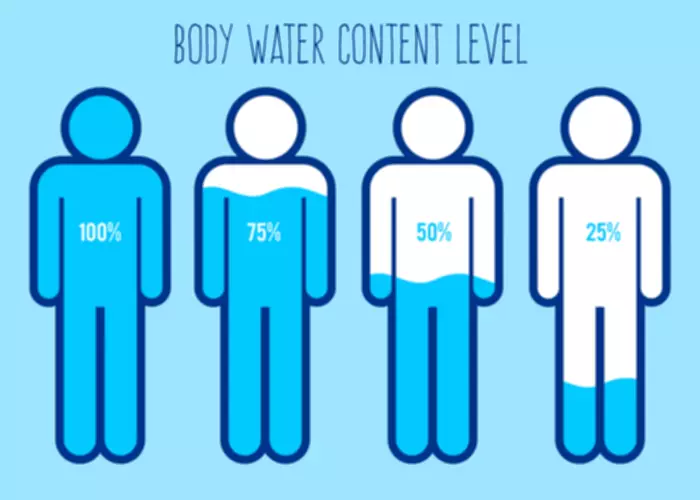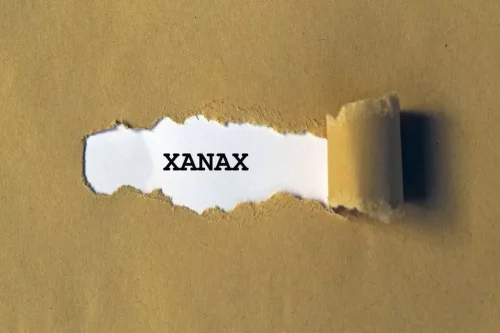Silver Linings Recovery Center answers questions about the reconciliation process and why making amends is vital to addiction recovery and mental health. Despite the emphasis 12-Step groups place on making direct amends, it’s important to understand that this is not always a realistic option. Sometimes, a person will simply not be willing to accept your apology or efforts to compensate them for the harm you’ve caused. They may be dealing with their own mental health issues or the effects of past trauma and not be ready to move forward.
What Does Making Amends Have to Do With Sobriety?
Recognize and acknowledge your behaviors that caused harm to someone else. It would be nice if the above outcomes were universal—but they aren’t (of course). Making amends won’t necessarily play out like the ending of a Hallmark movie. Sometimes, the https://ecosoberhouse.com/ outcome can be uglier and downright disappointing. They may refuse to meet at all or refuse to listen to what you have to say. The goal in making amends is “to freely admit the damage we’ve done and make our apologies,” according to The Big Book.
Graduate School of Addiction Studies
For example, if you are quick to anger or have trouble following through with promises, these are areas you can continue to work on in sobriety. Your loved ones will not only notice your sobriety but also the personal progress you have made. If you have unpaid loans or defaulted credit cards, financial amends need to be dealt with as well. Even though you may not know your creditors personally, these amends are part of your 8th and 9th steps.
Be generous with your time.
The FHE Health team is committed to providing accurate information that adheres to the highest standards of writing. This is part of our ongoing commitment to ensure FHE Health is trusted as a leader in mental health and addiction care. Some of these same things can happen to the other person in the process. Or, they may gain greater insights about addiction and commit to being a more supportive person in your recovery. Of all the 12 steps, Step 9 is often referred to as particularly challenging. Understanding why will require taking a closer look at what Step 9 is, its goals, and its possible outcomes.
I’m In Recovery

With these kinds of promises, there may not be enough genuine intention of changing their hurtful patterns and behaviors. When the person you owe reparations to has died, you can still make living amends by changing things about you and how you live your life. These changes can positively impact the people you love and care about. Steps 8 and 9 in the 12-step programs talk about “making a list what is a living amends of all persons we had harmed” in step 8, and “making direct amends, wherever possible” in step 9. Sponsors who have worked through these steps and have maintained abstinence for many years are just as puzzled and confused about what constitutes “amends.” Taking the steps and making the commitment to your actions helps those in addiction recovery separate from the disease of addiction.

Work on your relationships
- In doing so, you promise to live a sober and honest life and never return to your old ways of lying and hurting the people you love the most.
- A 12-step program is designed to encourage long-term sobriety, by fostering a spirituality for recovery.
- If you aren’t able to make direct amends, then you can volunteer your time or help someone else out.
- “Romantic involvement is all about connection,” Lyon explains.
- Making amends is not for satisfying an external standard of morality.
- Facing the fact that omissions can be painful made this a powerfully healing step to do.
On the opposite side of the street are those individuals who simply say, “All of my amends would hurt people. I’m just not going to speak to anyone.” Avoid the temptation to get out of this step. There are three main types of amends, and it’s important to recognize which one is appropriate in a given situation. Understanding some making amends examples can help the individual correct past behaviors.

What Is Step 9?
“To help us grow and understand ourselves in ways that we could never do while awake and, from these insights, find peace within ourselves and carry that peace to others.” Because dreams have manifest (or literal) content and latent (or more symbolic) meanings, it is essential to consider both. The first step is to know that your questions and feelings are normal. I know I said it once, but I’ll say it again – if you are dealing with guilt and you haven’t read the articles above, now is the time. We go back to a moment in time and we fixate on the things we wish we had done differently. It makes it hard to remember things that happened before or after.
Renewal Center for Ongoing Recovery
What Does Step 9 (Making Amends) Have To Do With Sobriety?
- It is through analyzing the latent content—or the symbolic meaning—that you might get a better idea of what your dream might mean.
- The changes that occur due to your efforts positively affect your commitment to becoming a better friend, child, parent, or person all around.
- The specific meaning of someone appearing in a dream depends on factors that are unique to you.
- Surrounded by mountain views, Mountain Springs Recovery offers a variety of treatment approaches and plans tailored to the individual.



